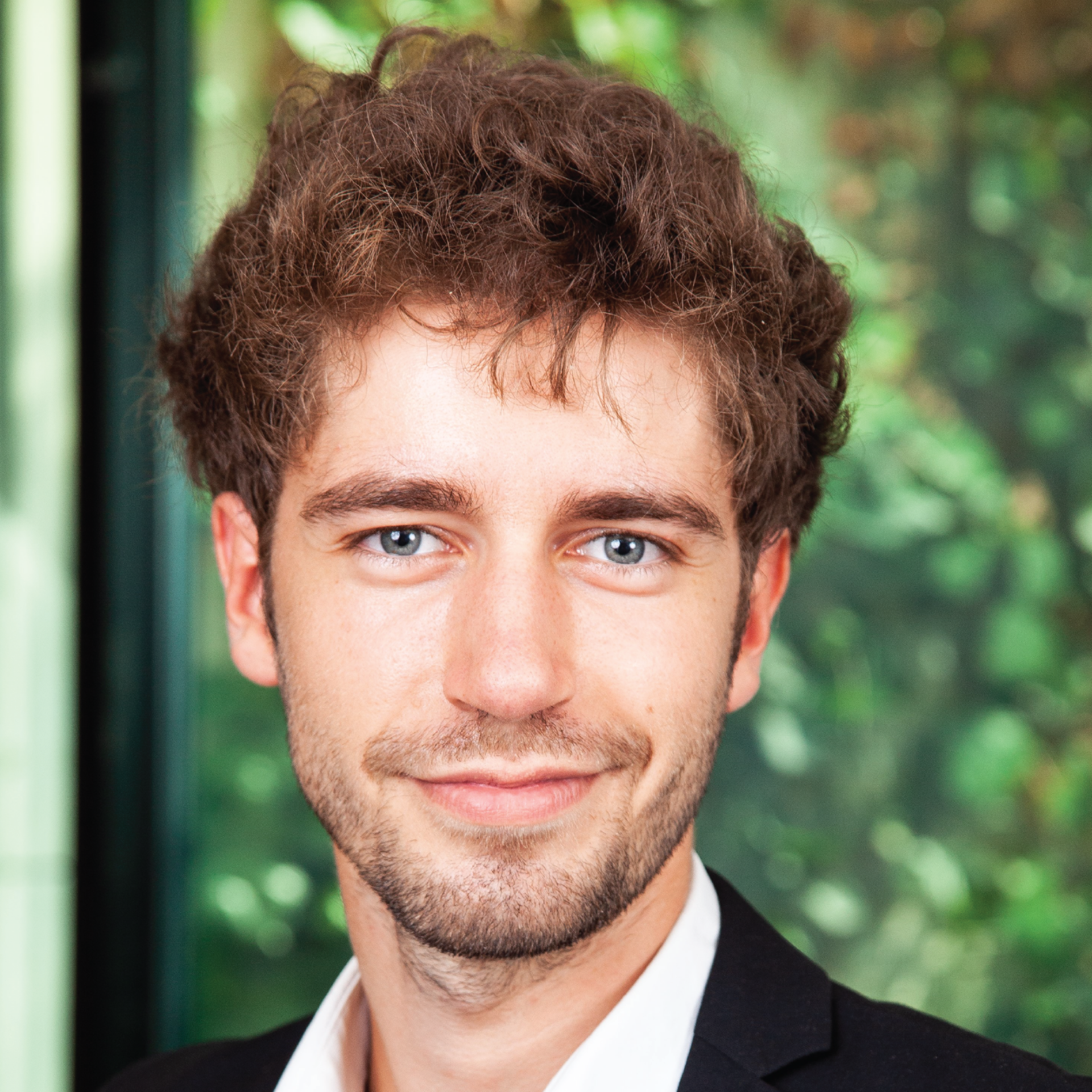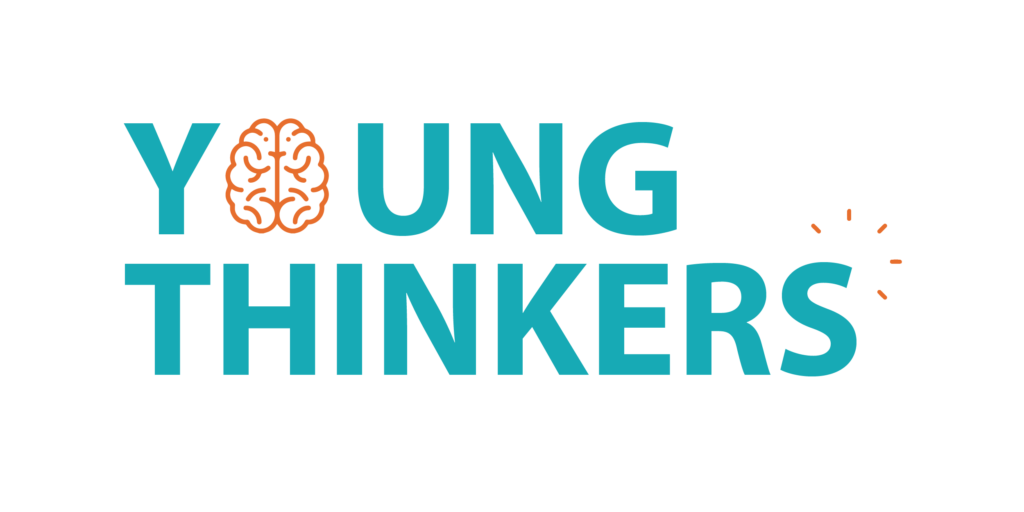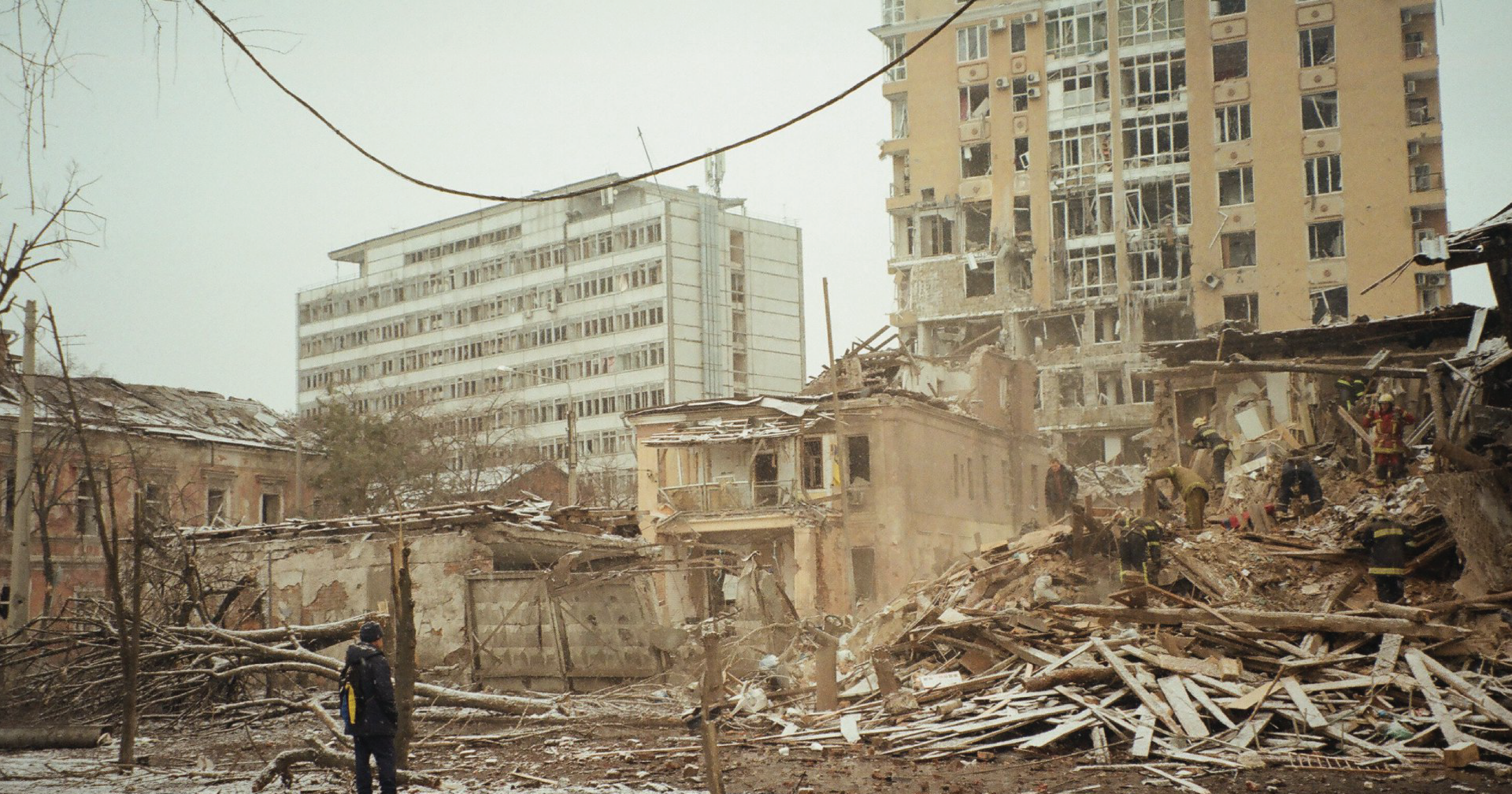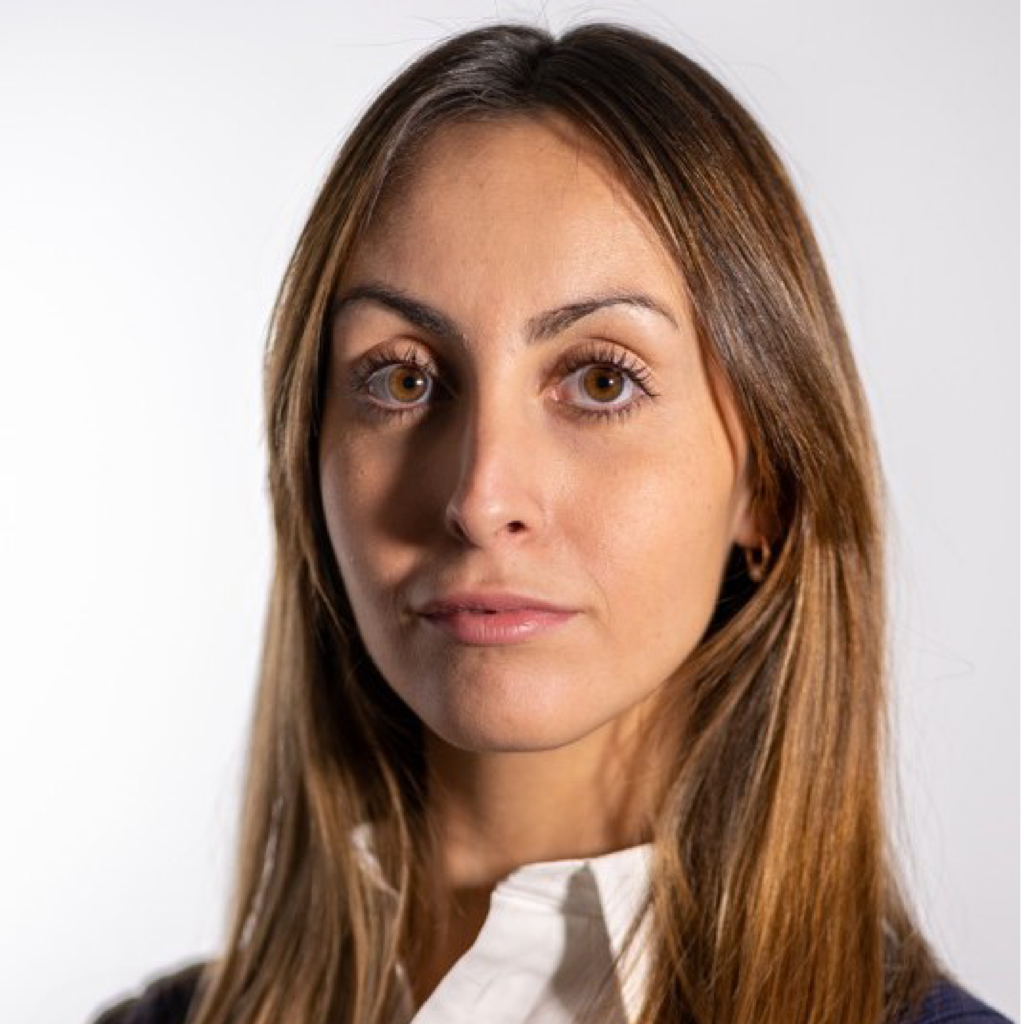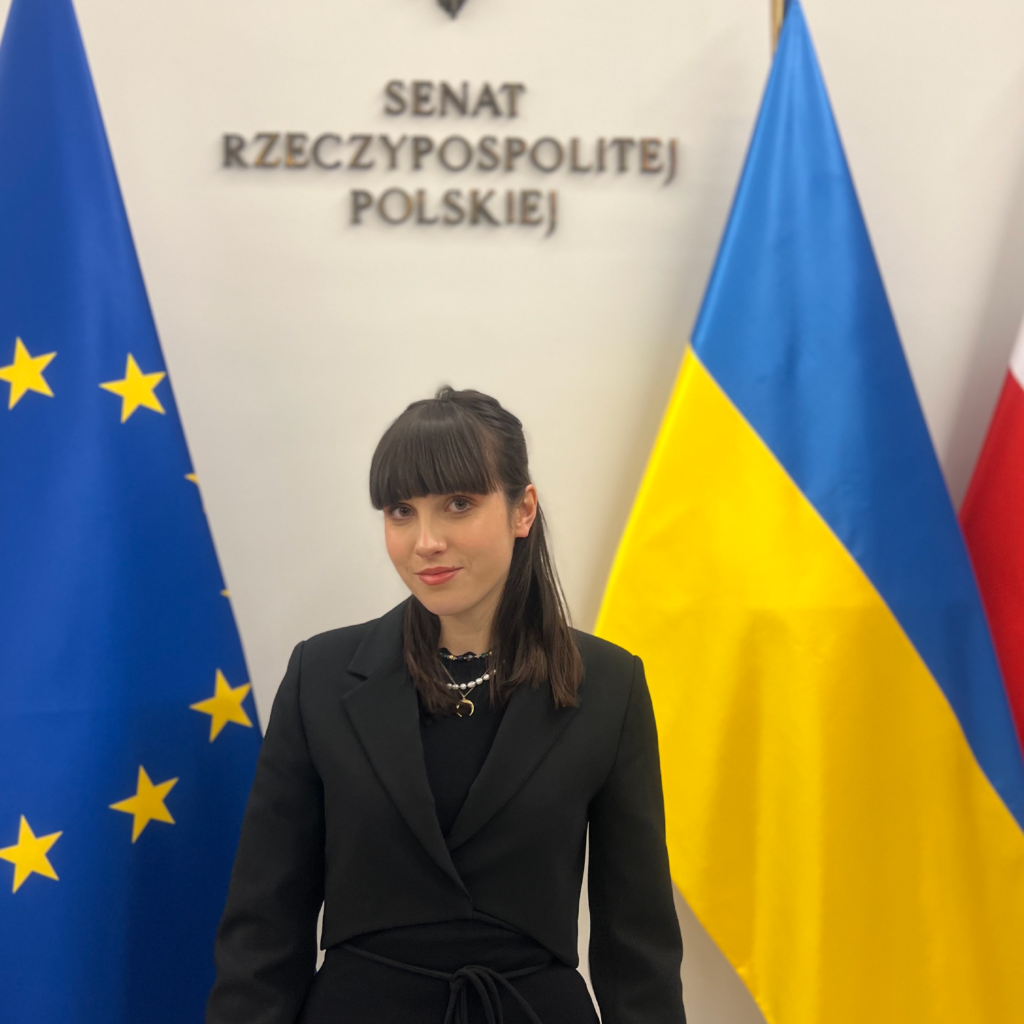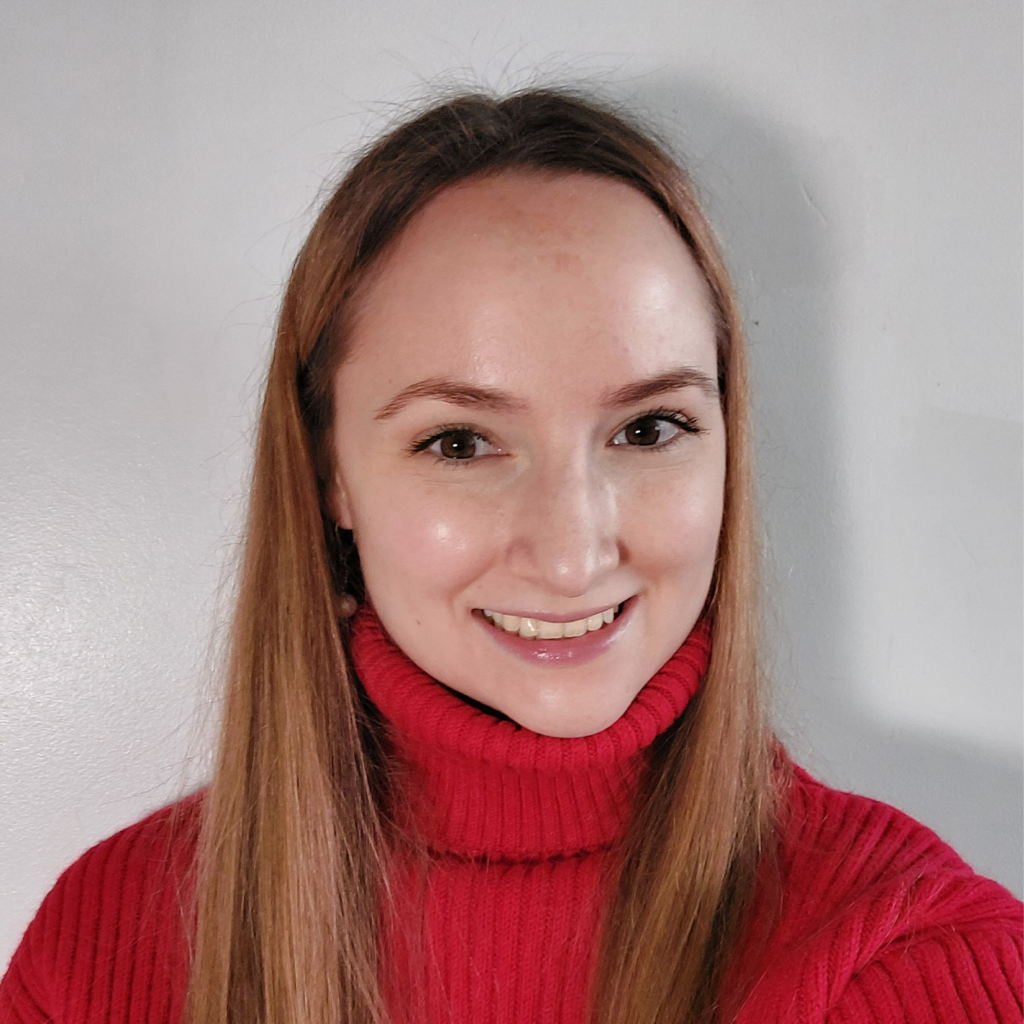The war in Ukraine cannot be a pretext for a less ambitious ecological transition
Marin Pitavy
June 2022
While the massive European Green Deal promised an ambitious decarbonisation plan, some Member States wish to revise its objectives downwards to cope with the consequences of the war in Ukraine. Yet the recent report from the Intergovernmental Panel on Climate Change, released in August 2021, warns of the disastrous effects of weak climate policies on rising temperatures. Is it really time to postpone our climate actions?
The urgency of climate action
In its 6th assessment, published last August, the Intergovernmental Panel on Climate Change (IPCC) once again recalled the urgency of climate action. While affirming that the climate system is better understood than ever, it estimates that temperatures of +1.5°C (compared with pre-industrial levels) will likely be reached within the next two decades. Only with aggressive action taken no later than today can it be kept below 1.5°C.
In this context, and when the EU’s current efforts are already insufficient to reach its goal of carbon neutrality in 2050, it is not time to downgrade or postpone European ambitions. That is especially so given that the EU, in its role as a climate leader, is paving the way for other countries to decarbonise; a negative example within the EU risks being challenged by other international actors and having global consequences.
The success of European ecological action relies on several sectoral plans. Energy, for example, is at the heart of the climate transition and represents 75 % of total greenhouse gas emissions in the EU. The agricultural sector, which accounts for a third of the European budget, is also a major emitter and is the primary driver of biodiversity loss, according to the UN.
The energy transition: another victim of war
Most Green Deal sectoral transition plans were designed amid the COVID-19 pandemic, such as the EU strategy for energy system integration released in July 2020, and the agricultural transition plan, in May 2020. Born in times of crisis, the Green Deal was thought to be equipped to provide an answer to the most threatening of them: the ecological emergency. But the war in Ukraine seems to have defeated European climate ambitions.
The EU Member States are looking for a way out of their energy dependence, while they import 40 % of their gas, 27 % of their oil and almost half of their coal from Russia. The European Commission has warmly welcomed the US proposal to increase its fuel supply to the EU and has reached an agreement for a significant surge in the delivery of liquified natural gas (LNG).
Because it must be liquefied before being transported by tanker, LNG is much more emissive than the Russian pipeline gas that the EU wants to dispose of. Moreover, it will require additional infrastructure to receive the liquified gas and regasify it. Such infrastructure is expensive and will need to be operated for 10 to 15 years to become profitable.
By trying to free itself from Russian reliance, the EU is reneging on its climate commitments and locking itself into dependence on fossil fuels. ‘I’m very worried our climate goals may be another victim of Russia’s aggression’, summarised Fatih Birol, head of the International Energy Agency (IEA). Last year’s IEA report stressed that no new oil or gas extraction should be undertaken to avoid the extreme consequences of global warming.
European agricultural transition in jeopardy
But the energy transition is not the only collateral casualty of the Ukrainian crisis: the ambitious European agricultural plan is also threatened by growing food insecurity. The war is indeed undermining the production and export efforts of Ukraine and Russia, accounting together for one third of the world’s wheat exports and two thirds of sunflower oil. The EU has become especially dependent, as Ukraine normally supplies half of the cereals imported into the EU.
The European Commission’s Farm to Fork plan, another pillar of the Green Deal, called for a halving of pesticide use and a target of 25 % organic farming by 2030. But the current situation is reshuffling the deck, according to 12 Member States. Among them, France, Poland and Hungary recently asked the Commission to review its objectives. In particular, French President Emmanuel Macron wants to prioritise productivity over sustainability, believing that ‘the European strategy … relied on a pre-war world in Ukraine’. In this context, he claimed, ‘Europe cannot afford to produce less’. Yet can Europe afford to delay its ecological transition?
A motive for climate action?
At least the publication of the REPowerEU Plan, on 18 May, brings a glimmer of hope. Taking advantage of the necessary review of energy supply in the EU, the Commission proposed to increase the overall 2030 target for renewables from 40 % to 45 % under the Fit for 55 package. It even called for ‘behavioural changes’ that would reduce gas and oil demand by 5 %, a remarkably effective but rarely mentioned measure. Still, the EU will have to implement concrete actions to deliver on its global leadership role in climate.
The war on the EU’s doorstep is a major concern that requires swift and powerful responses. But climate change will certainly also trigger mass migration, food insecurity and civil wars, according to the IPCC. Delaying our ecological ambitions to deal with the current crisis will only expose the EU and the world to increasingly severe consequences.
The sudden awareness of the EU’s fragility should be a stimulus to climate action, not a setback. As Churchill phrased it in these words: ‘never let a good crisis go to waste’.
The author
